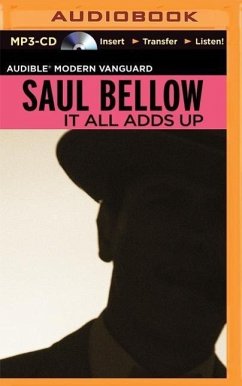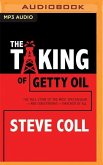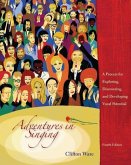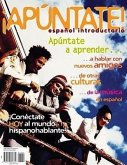Saul Bellow's fiction, honored by a Nobel Prize and a Pulitzer, among other awards, has made him a literary giant. Now, in his first nonfiction collection, Bellow's learned and original mind shines through over four decades of reflections on literature, on the state of the artist in the "violent uproar" of contemporary life, and on life itself, "the mysteries of our common human nature." Beginning with "Mozart: An Overture," a personal bicentennial tribute to the composer who means so much to Bellow, these carefully selected pieces, illuminated by Bellow's absolute clarity of language, range from his Nobel Prize lecture of 1976 to ruminations about his beloved city of Chicago, a city, Bellow writes, that "builds itself up, knocks itself down again, scrapes away the rubble, and starts over;" to remembrances of passing friends: John Cheever, Allan Bloom, Isaac Rosenfeld, John Berryman; to the state of the novel in our time. Along the way, he invokes Tolstoy, Dostoyevsky, Flaubert, Proust, Conrad, and other masters of the novel to bear the testament of his own life, his conviction of what the novel as a work of art can do for a society benumbed by technology. Also included in this rich collection are pastoral, provocative travel pieces on Spain, Israel, Paris, Tuscany, and other special haunts. And finally, as the chef d'oeuvre, the revealing question-and-answer piece comprising "A Half Life" and "A Second Half Life," which is as close as we will come to an autobiography from this contemporary master of American fiction.







